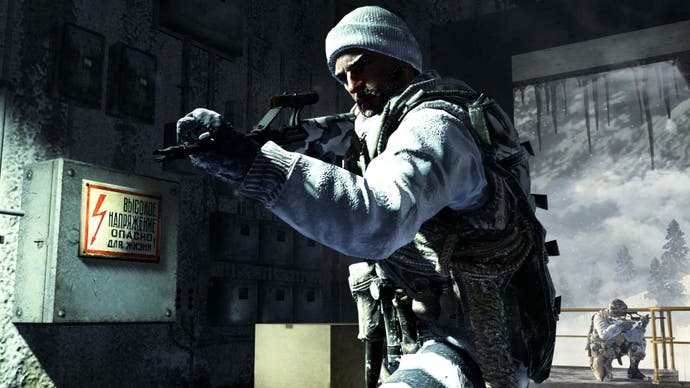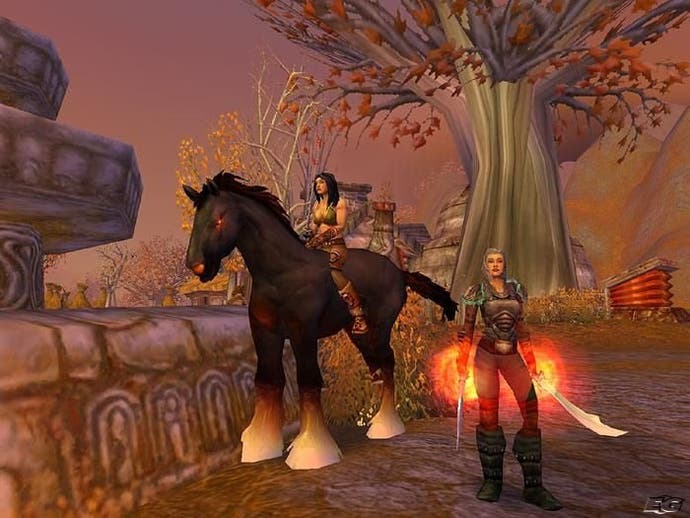"Oh no, what's Bobby said now?"
The Kotick conundrum.
The headline, I'm told, became an all-too-regular mantra for Activision's beleaguered communications team long ago.
Surely, you might wonder, the people charged with maintaining the public image of a giant global business would have tried one way or another to get him to put a sock in it before more feet found their way into the big mouth of Bobby Kotick.
That said, while the odd gaffe might cause a temporary headache for the PR department, the Activision Blizzard CEO's reputation as a bit of a loose cannon has over the years generally been cause for the occasional rolling of eyes rather than heads.
This is, after all, the man who in 1991 picked up an ailing company riddled with $30m of debt, and steered it through a remarkable transformation to become the world's biggest third-party games publisher, along the way producing some of the biggest and best-loved brands in entertainment. Few people in business will ever match that.
But the aggressive, attacking tone of more recent remarks betrays an odd petulance that has surprised even those paid to douse the flames every time a B-bomb explodes in Activision's face.
The latest controversy comes by way of an interview with Edge magazine, in which EA, the creators of Call of Duty, and development darling Tim Schafer all receive a verbal volley from the Bobby-gun.

Viewed in isolation, are his comments - hitting back atSchafer's public insult, saying he feels "betrayed" by former employees, and criticising EA's business model - so unreasonable?
Hardly. He likely never did meet Schafer; EA vs. Activision is a long-boring clash of cultures and tit-for-tat willy-waving; and, as I'll come to, there are two sides to the Infinity Ward story.
But understood in the context of the events of this year in particular, they are not, to say the least, going to help.
The headline to the other big gaming interview Kotick agreed to over the summer, with Kotaku, captures the state of play: "A delightful chat with the most hated man in videogames".
You can see why, under the circumstances, the PR department thought it would be a good idea to place a couple of articles to 'set the record straight' and 'show the real Bobby'.
Unfortunately, as well as someone who clearly isn't the game-ignorant, consumer-loathing suit of caricature, he also likes to bitch about the competition. And, whatever one thinks of the press, it's obvious which bits are going to make the news.

So as the media soap opera rolls on, the interesting question has become not what he's said, but why?
Activision sources I've spoken to this past week acknowledge that Kotick has for some time been stung by the assumption that he has no interest in the medium that has made him his considerable fortune.
But that doesn't explain the scarcely believable decision to respond to an off-the-cuff insult (Schafer's "total prick" comment) with the straight-faced official release: "Bobby has always been passionate about games and loves the videogame industry."
Such a bewilderingly unnecessary action serves only to makes Kotick look vulnerable. And in a billions-of-dollars business, you can bank on any sign of weakness to be exploited by the competition.
Which is exactly what EA did through PR boss Jeff Brown's withering retort to Kotick's latest criticisms.
"His company is based on three game franchises - one is a fantastic persistent world he had nothing to do with; one is in steep decline; and the third is in the process of being destroyed by Kotick's own hubris." Ouch.

